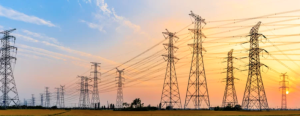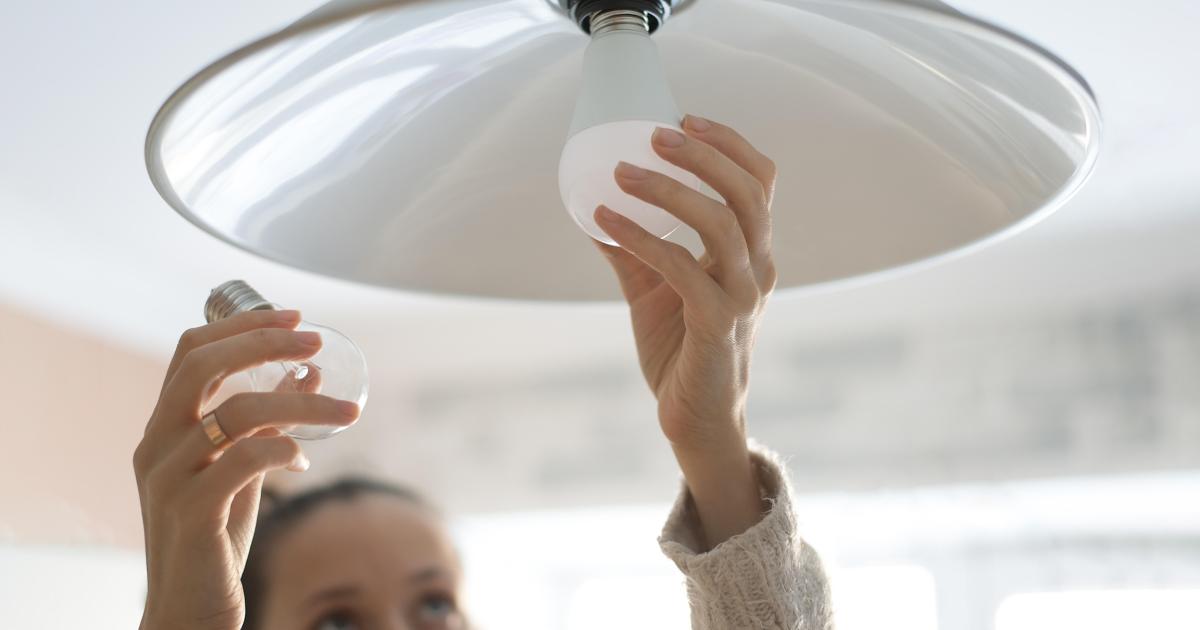 As we all become more aware of our environmental impact and look for ways to cut our monthly bills, energy conservation in our homes has never been more critical. Simple adjustments and upgrades to our lifestyle and home can dramatically reduce energy consumption, save money, and make our living spaces more comfortable and eco-friendly. From adjusting your heating and cooling systems to investing in energy-efficient appliances, this guide will explore practical steps every homeowner can take to maximize energy conservation.
As we all become more aware of our environmental impact and look for ways to cut our monthly bills, energy conservation in our homes has never been more critical. Simple adjustments and upgrades to our lifestyle and home can dramatically reduce energy consumption, save money, and make our living spaces more comfortable and eco-friendly. From adjusting your heating and cooling systems to investing in energy-efficient appliances, this guide will explore practical steps every homeowner can take to maximize energy conservation.
Reducing heating and cooling costs does not have to mean sacrificing comfort. Small changes like installing programmable thermostats can lead to significant savings by automatically adjusting temperatures when you’re not home or asleep. Ceiling fans are another excellent investment that can enhance air circulation, allowing you to set your thermostat a few degrees higher in summer and lower in winter without noticing a difference in comfort levels. Moreover, sealing leaks around windows, doors, and other drafty areas can prevent the loss of heated or cooled air, ensuring your system doesn’t have to work overtime and use more energy than necessary.
Lighting and appliances typically account for a significant portion of your home’s energy consumption, but they also present an opportunity for substantial savings. Switching to LED lighting can dramatically reduce the energy used for home illumination, as these bulbs use at least 75% less energy and last 25 times longer than traditional incandescent bulbs. Additionally, investing in ENERGY STAR-rated appliances can reduce energy bills while offering superior performance and durability. These appliances have been independently certified to save energy without sacrificing features or functionality, making them an intelligent choice for energy-conscious homeowners.
- Adopt these energy-saving tips to minimize your household’s energy consumption. Source: edfenergy.com
Beyond heating, cooling, lighting, and appliances, there are numerous other ways to drive down energy consumption across your household. Simple habits such as unplugging electronics when not in use, using smart power strips, and being mindful of water usage can add up to significant savings. Furthermore, adopting more energy-efficient cooking and laundry practices can further reduce your home’s energy use. Whether it’s opting to air-dry laundry or using pressure cookers and microwaves instead of traditional ovens, these small changes in daily habits can lead to noticeable reductions in energy bills.

- Upgrade to energy-efficient lighting and appliances to lower your energy bills. Source: nrdc.org
In conclusion, maximizing energy conservation in your home involves a mix of smart technology, minor home improvements, and changes in behavior. From installing energy-efficient lighting and appliances to adopting more mindful energy usage habits, there are myriad ways to reduce your environmental footprint and cut down on utility bills. It’s also worth considering a professional energy audit to identify specific areas of improvement. By taking steps to make your home more energy-efficient, you’ll not only save money but also contribute to a healthier, more sustainable world.

